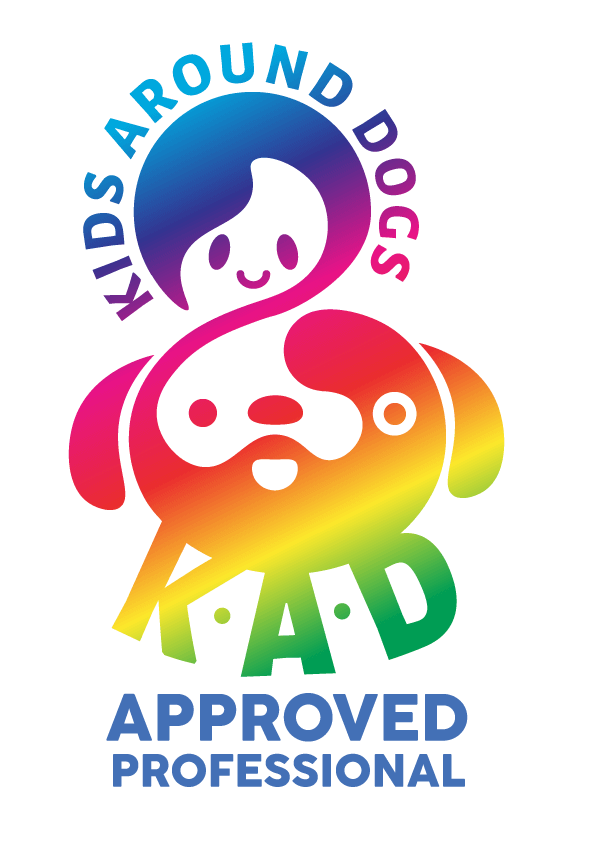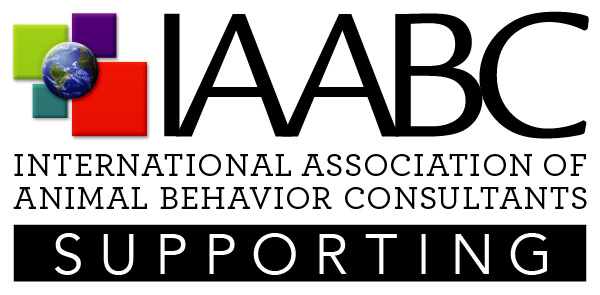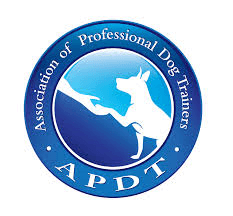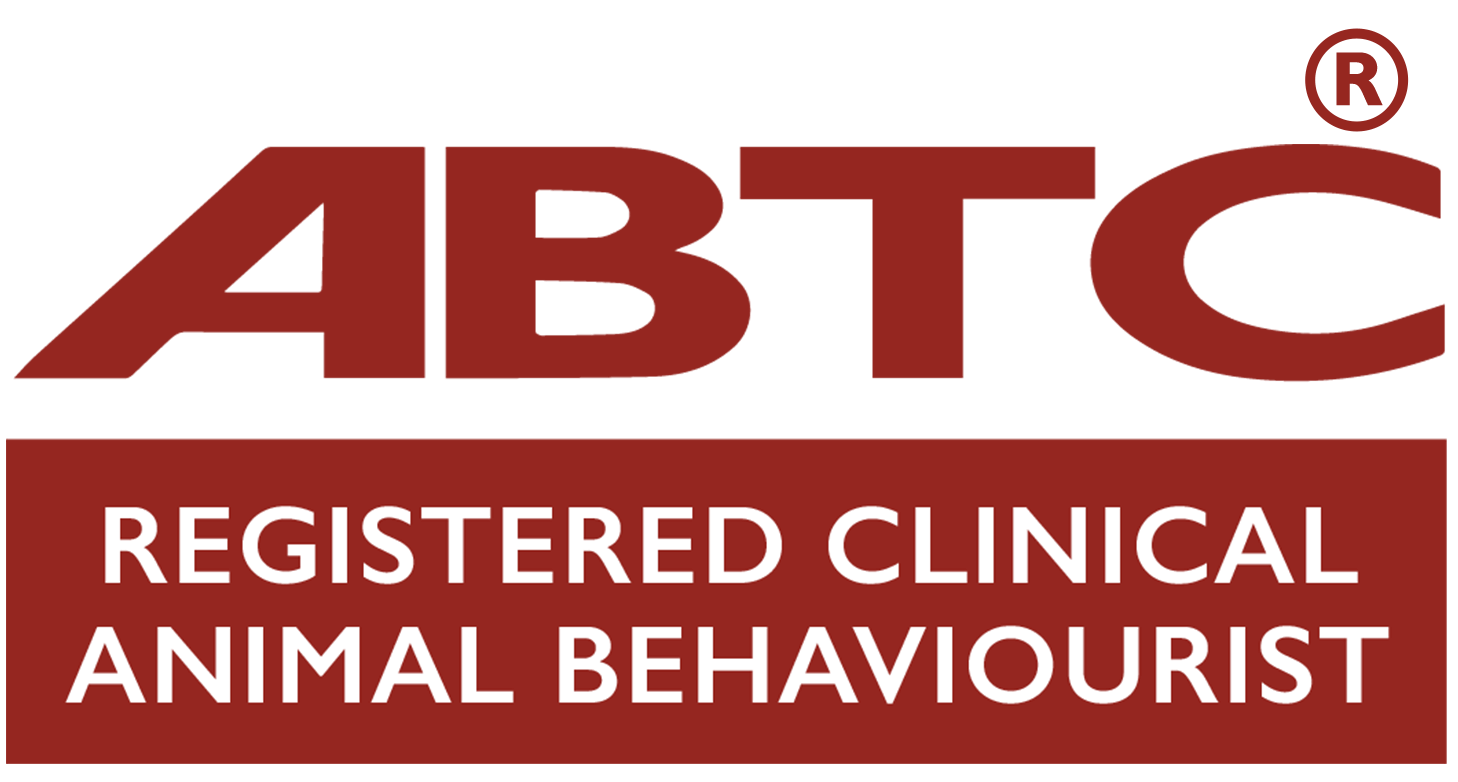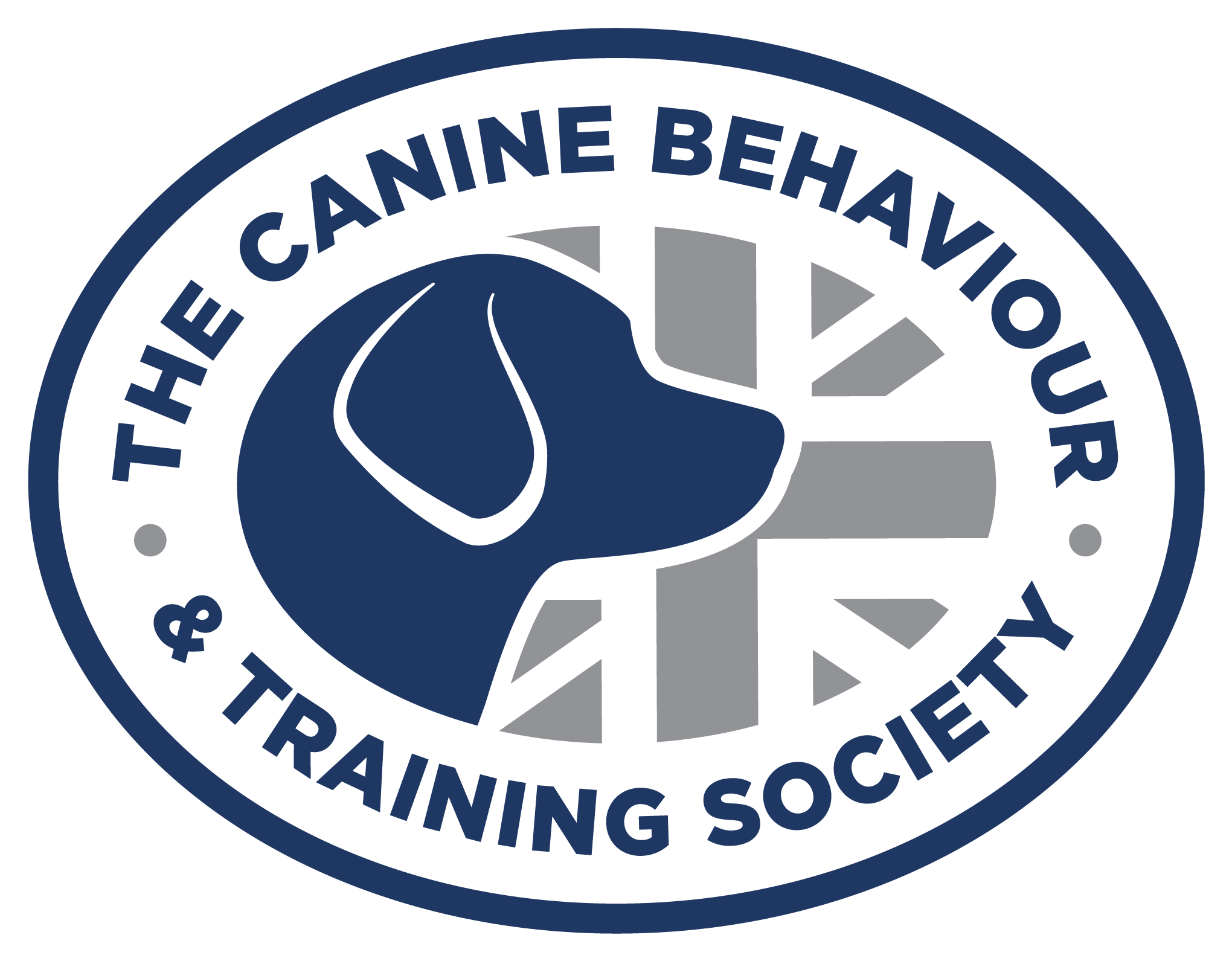The latest PDSA PAW Report has been released, highlighting that over 51% of UK households own a pet, with around 10.6 million dogs and 10.8 million cats recorded in these homes. Depending on the research, these figures can be higher. So it follows that with this many dogs in the country, a fair number of them might need some sort of behavioural or training support.
But therein lies the rub. When we talk about behaviour and training, what do we specifically mean? Is there a difference between the two? And how do owners know what to look for when seeking the right help for their four-legged friend? This article aims to address these questions and help owners understand the difference between a dog trainer and a dog behaviourist.

When we talk about behaviour and training, what do we specifically mean?
Often the terms behaviour and training are used interchangeably when it comes to tackling dog problems, which is why it can be challenging for owners to know what they should be looking for when needing support. Whilst there is some overlap, there is a distinction between dog training instructors and animal behaviour consultants.
What are dog trainers?
Dog trainers can also be called “Animal Training Instructors” (ATIs). They primarily focus on obedience.
Dog trainers should be able to create and implement a training plan, such as teaching an owner to train their dog to recall, walk on a loose lead, go to their mat and settle, and evaluate and select appropriate humane methods and equipment to achieve these desired outcomes.
Dog trainers should be able to teach these skills in several ways and always consider the animal’s species, breed, type, and physical capabilities.
They should also assess the potential welfare consequences of the training method they are recommending to clients, as well as the chosen equipment.
So, if you had a puppy that needed training, a dog whose recall had gone out the window, or pulled like a train, or you wanted to enter the world of dog sports such as agility, hoopers, flyball, heel work to music, gun dog training, or scent work, then a dog training instructor is what you’d be looking for.
What training do dog trainers need?
They will have, typically, undertaken some form of education usually at level 4 (e.g. CertHE) from a recognised provider and gone through a formal assessment with a practitioner organisation, such as the Association of Pet Dog Trainers, Karen Pryor Academy, Gun Dog Trainers Academy, Puppy School, The Canine Behaviour & Training Society or Professional Association of Canine Trainers, to demonstrate they have the necessary level of knowledge and understanding, plus practical training skills to teach an owner to train their dog.
What are Clinical Animal Behaviourists?
Clinical Animal Behaviourists (also known as CABs or CCABs) look at the way animals behave in order to better understand why they do what they do. For example, why is the dog lunging and barking, and what is the best way to address this based on that reason.
CABs work under veterinary referral. This means the client’s vet may decide that behaviour modification is required after a medical issue has been ruled out that could have been prompting the unwanted behaviour. Or the vet recommends your pet needs behavioural support in addition to any medical treatment.
There are a range of issues CABs will work with, and these include but are not limited to aggression, separation-related issues, stereotypies, and phobias.
What training do Clinical Animal Behaviourists have?
CABs will have, typically, a minimum education of level 6 (e.g. BSc) or above from a recognised provider or other (having been assessed for prior education and learning – APEL), and then will have undergone rigorous assessment with a practitioner organisation, such as the Association of Pet Behaviour Counsellors, Fellowship of Animal Behaviour Clinicians, The Canine Behaviour & Training Society or International Association of Animal Behavior Consultants.
CABs will need to have demonstrated they have the necessary level of knowledge and understanding, years of practice, training, and handling skills to work with clients across a range of problem behaviours including aggressive/dangerous behaviours.
This means they will have studied a range of topics from psychology, physiology, genetics to clinical animal behaviour. They will use this knowledge and experience to assess, manage, modify, and prevent the practice and/or development of undesirable behaviours.
What’s the difference between a clinical behaviourist and a veterinary behaviourist?
Some veterinary surgeons will have undergone additional study to specialise in animal behaviour and they are called veterinary behaviourists (VBs).
This means they have met the same standards of the CAB but they are also a vet.
This means, only VBs can assess health, recommend specific drugs, and prescribe these, and or perform surgical procedures.
By contrast, a CAB would work with the client’s referring vet or a VB where needed, to support their recommended behaviour modification plan (e.g.) if medical management was required.
How do I know if I need a behaviourist and not a dog trainer?

People tend to wonder what the difference between a dog trainer and a dog behaviourist is when they are trying to find help for their furry friend.
If you had a dog that was demonstrating undesirable behaviours such as resource guarding, fighting other pets at home, barking/lunging at other people or dogs on walks, had bitten, feared fireworks/other noises, refused to walk outside, or panicked when left home alone, then a CAB or VB would be what you’re looking for.
If you had a dog who is pulling on the lead, or has shoddy recall, then you can get help from a dog trainer.
Is there any overlap between training and behaviour?
Yes, there will be times where an owner will approach a CAB asking for support for recall or general obedience stuff because many CABs are also qualified dog trainers.
In these instances, the owner wouldn’t need a veterinary referral as it is simply obedience ‘stuff’ they are working on.
Additionally, within a formal behavioural programme there may be training elements required so the CAB would need to be able to teach the owner how to train their dog such skills to support the plan.
The challenge comes where a dog trainer may be called in to see a client who’s asked for support because their dog pulls on the lead, and once at the client’s home it transpires that the dog is actually lunging, barking, and growling at others when on a walk.
In these cases, unless the trainer is also a registered CAB, who has been assessed in having the appropiate level of knowledge and understanding, years of practice and demonstrates the practical skills to work with aggression, that individual trainer has a duty of care to recognise their own limitations and seek qualified professional advice (e.g.) from a CAB, as necessary.
In fact, the best scenario for the client is where the dog trainer and CAB work collaboratively to support that animal’s treatment, and there are many great examples where this happens.
How do owners know what to look for when seeking the right help for their four-legged friend?

In truth, it can be a minefield for owners because anyone can essentially call themselves a dog trainer or behaviourist. Individuals may have undertaken a short course, popped some letters after their name, advertise they’ve worked with dogs for thirty plus years, or have studied at the ‘University of Life’ to demonstrate credentials.
But over the years, there have been increasing examples of malpractice, and due to the wide variation in standards of practice, plus inhumane methods often seen across social media channels, the Animal Behaviour and Training Council (ABTC) was established a number of years ago to counter this. The ABTC aims to set Standards for the knowledge and skills required to be a recognised, accredited or certified professional. The ABTC is the only animal welfare charity that is primarily concerned with protecting the psychological welfare of animals undergoing training and behaviour activities.
Consequently, since its establishment in 2012, various organisations have put themselves forward to be rigorously reviewed by the ABTC, to ensure their practitioners are working to the ABTC Standards to give clients the very best advice and support, and that practitioners are using humane, up-to-date methods, and are ethical in their practice.
So, if you’re in need of help with your pet but are unsure where to start – visit the Find A Practitioner page on the ABTC website for a list of appropriately qualified trainers and behaviourists close to you.
Learn more about our classes

Get Hanne's Book
Playing With Your Dog will help any dog owner work out the games that are best suited for their pet to play throughout his life, from puppyhood to old age. The book also shares some tricks for all ages, group activities, and recommended toys that dogs will enjoy.















